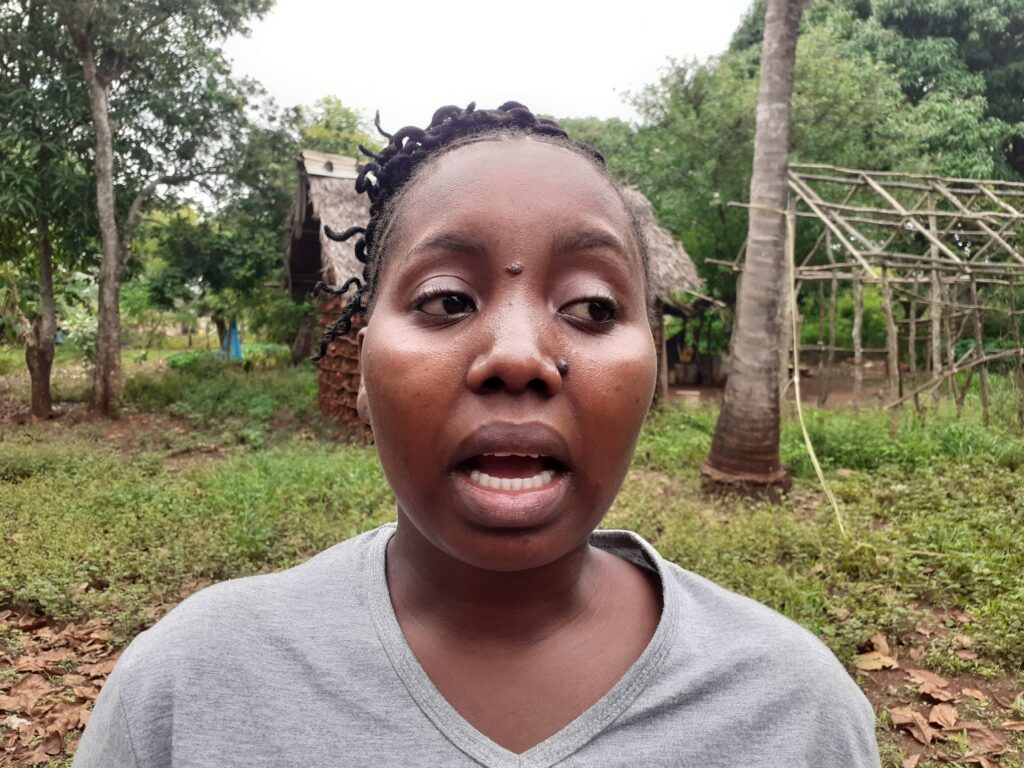By Caroline Katana
Child marriage and female genital mutilation (FGM) are serious violations of a child’s rights, but across Africa, girls and women continue to experience these harmful practices with alarming regularity.
The continent is home to 130 million child brides and nearly 140 million girls and women who have undergone FGM, over 40 million girls and women in Africa have experienced both harmful practices.
Globally, Africa has the highest levels of both practices. Their prevalence varies widely across the continent by region, country or even the community a girl is a member of progress towards ending these harmful practices likewise mixed, some countries in Africa have already made impressive advances in upholding girls’ and women ‘s rights, while in others there is still much that needs to be done.
Harmful practices are referred to in the Convention on the Rights of the Child (Article 24 (3)), CEDAW (Articles 2, 5 and 16) and regional instruments.
The negative effect of harmful traditional practices on the sexual and reproductive health and rights of girls and women is well documented.
In Kenya, such practices include early marriage, female genital mutilation FGM, and sexual gender based violence.
While there has been a reduction in the incidence of these practices they are still widely practiced in some communities and remain major barriers to improving the health and wellbeing of girls and women in Kenya.
The Network for Adolescents and Youth of Africa (NAYA) is a youth-led organization in Kenya. Since 2001 NAYA has implemented advocacy, sensitization, mobilization, and public enlightenment at both national and community levels to facilitate action on young people’s sexual and reproductive health as well as information needs.
Child marriage is rooted in gender inequality and the belief that girls and women are inferior to boys and men. It is made worse by poverty, lack of education, harmful norms and practices, and insecurity. Its drivers vary between communities and it looks different across the world.
Ending child marriage and supporting girls who are or have been married requires long-term sustained efforts, for the last four years NAYA implemented a project of advocacy and capacity building known as She Leads in Kwale County.
The project has benefited approximately 630 girls in 21 villages in Kwale County from three sub-counties of Matuga, Lungalunga and Msambweni.
According to Bernard Mrimi, a male champion in Maweni village, Msambweni constituency the She Leads project advocates for the rights of girls and young mothers to ensure meaningful youth engagement and ensure gender equality and equity
“We have seen a great change in our area for the last four years, NAYA has become a source of light to our girls and community at large, the fundamental rights of children especially girls are now embraced, girls are educated and involved in decision making unlike before where their voices were not heard due to harmful cultures and traditions,” said Mrimi.
Efrancia Makio, a gender activist in Maweni village, urged communities to shun harmful cultures and traditions to ensure a safe space for girls.
“We are applauding NAYA for capacity building our community, I have noticed positive change in our community, there was child negligence, and girls were denied their rights to education hence used as a source of investment but since the She Leads project started in our area, things are changing for better,” said Makio.
Makio affirmed to have gained confidence in defending cases through the She Leads project.
“Before the project, I could not stand even before a sub-chief to file a case, I thought only men had power and right to stand before leaders to defend or deliver a certain message but since I attended capacity building sessions organized by NAYA, I can now stand and challenge any discussion,” added. Makio.
Bishop Dr. Easther Ndemwa, said every person has a role in protecting children’s rights for they are future leaders.
“We understand a lot of things happen in our villages, we have seen young people taking drugs and substances, early pregnancies, and school dropouts, so it’s our responsibility to act as change makers to ensure a safe and healthy society. I believe whatever lessons gained from NAYA for the last four years will change the negative attitudes to positive before, during, and after She Leads,” she said.
Diani settlement scheme deputy village elder Isaac Ismael Gachenge said plans are underway to sensitize parents on the importance of maintaining peace and eradicating drug and substance use in society.
Risper Mwaka, a beneficiary of She leads project from Maweni village, confirmed how culture and traditions affected her education.
“I completed my primary education but my parents denied me a chance to join the secondary school because they did not realize the value of educating girls, so I stayed idol for some years, then I got pregnant so the suffering and neglect from my parents was too much, the situation pushed me to do casual labor to cater for the needs of my baby until a friend introduced me to NAYA in 2021 and that is when I knew that dropping out of school was not the end of life,” said Mwaka .
Mwaka said NAYA introduced her to new opportunities in national and county government offices, up to date she is a beauty therapist and hairdresser making her the bread winner of her family that once neglected her.
“I’m happy that I understand my rights and I gained a lot of skills that are beneficial in my life, I never thought that one day I would get a skill learning opportunity with KEYOP, but NAYA made it possible for me,” said Mwaka.
Since 2021 NAYA has not only empowered girls and young women but men were also included to ensure gender equality and equity in Kwale County.


